
18 February 2026
News
$24M for climate-neutral flight: Metafuels brings synthetic aviation fuel to market at commercial scale

15 December 2025
Newsletter
Fuel up on the latest news & insights on the future of SAF – Winter 2025 Issue
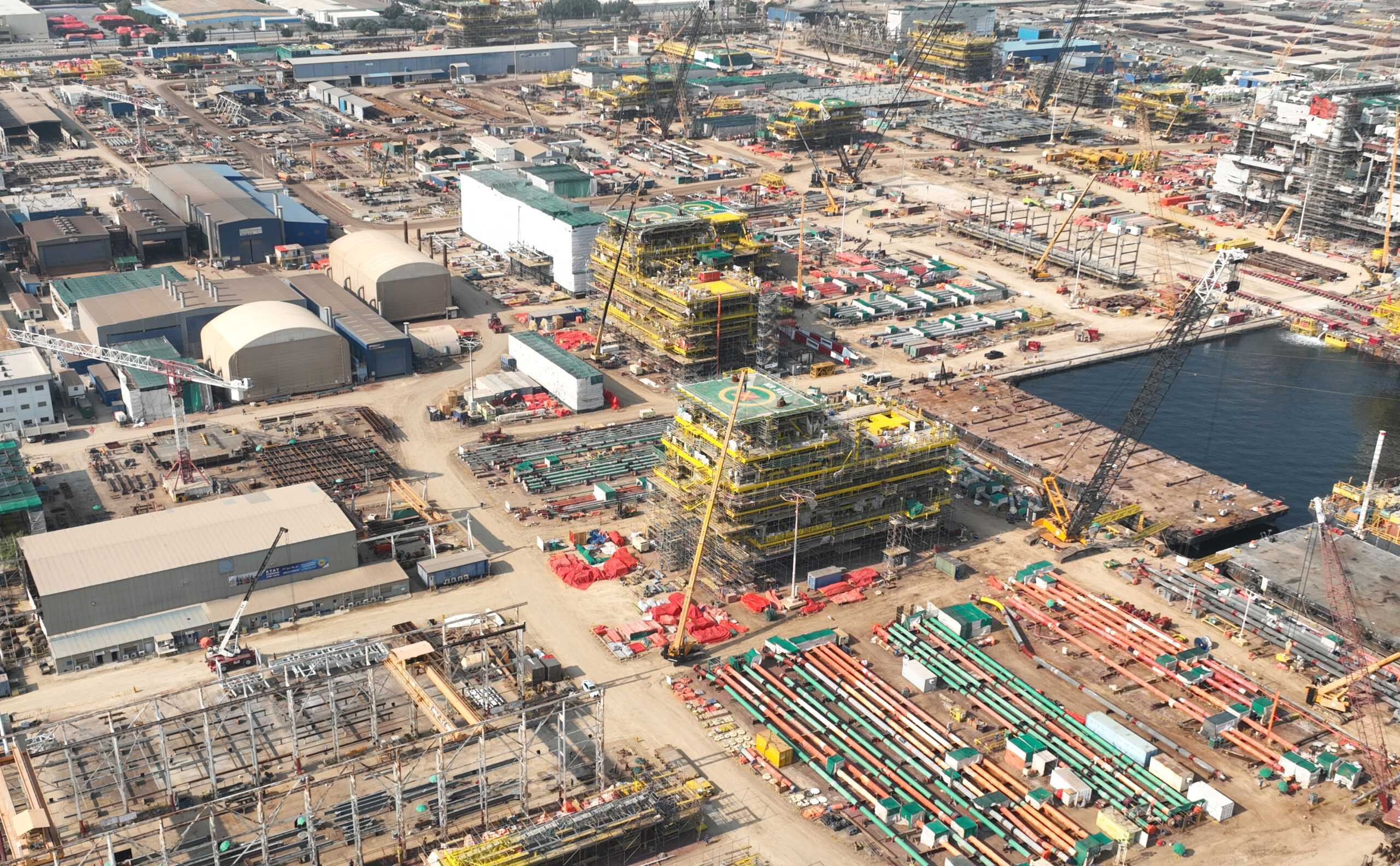
15 December 2025
News
Metafuels Awards McDermott FEED Contract for Turbe eSAF Facility in Rotterdam

15 December 2025
White Paper
Clearing the runway for SAF

2 October 2025
Newsletter
Fuel up on the latest news & insights on the future of SAF – Autumn 2025 Issue

30 June 2025
Newsletter
Fuel up on the latest news & insights on the future of SAF – Spring 2025 Issue
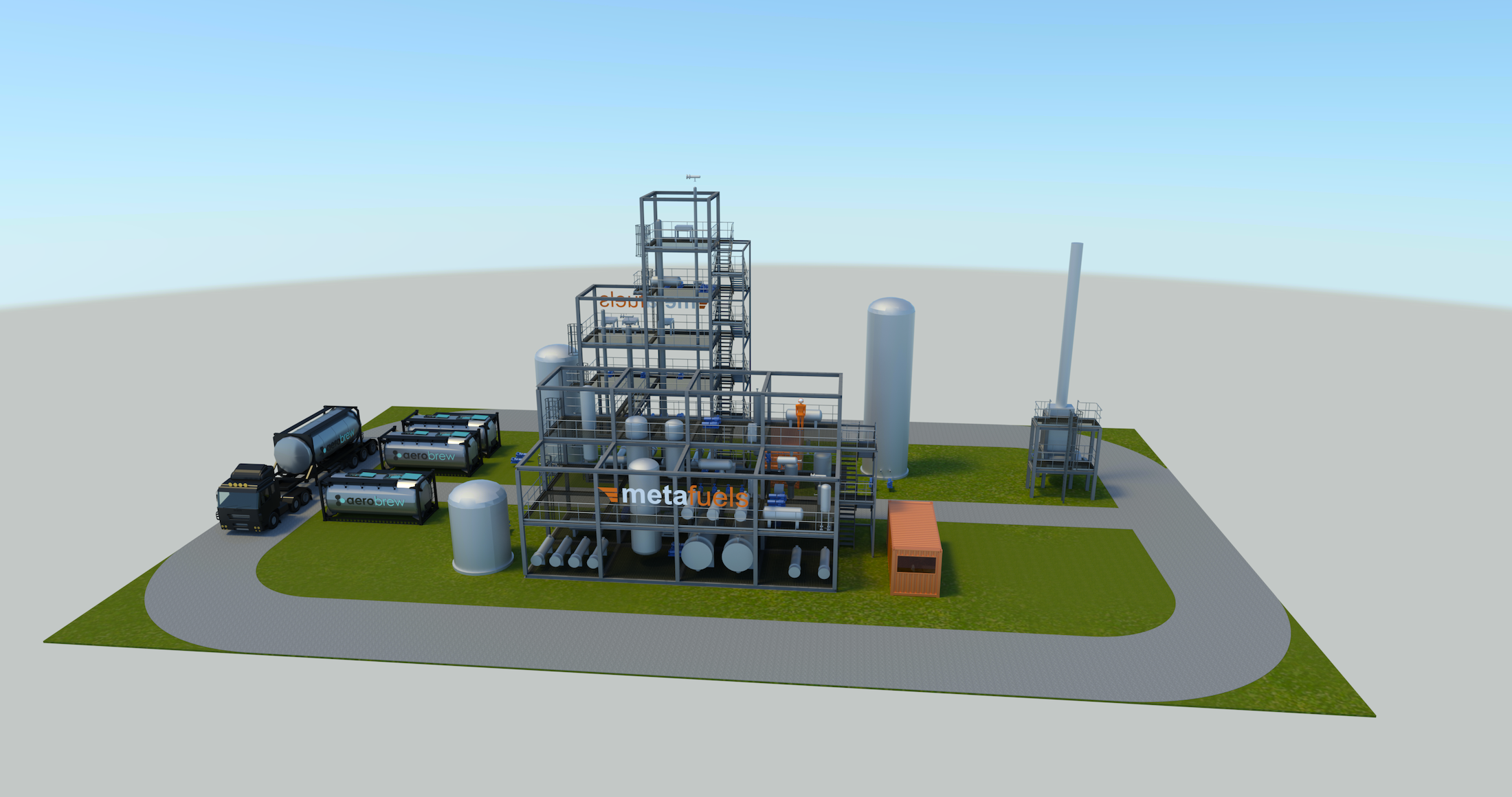
16 May 2025
News
Metafuels and Evos partner to accelerate eSAF production in Rotterdam

15 January 2025
Newsletter
Fuel up on the latest news & insights on the future of SAF – January 2025 Issue

15 January 2025
News
eSAF leader Metafuels raises $9 million round to industrialise production of sustainable aviation fuel

12 November 2024
Blog
Meet the Metafuelers – say hello to Fabian Dhont

15 September 2024
Blog
The Metafuels team outing – hiking in Flumserberg

1 September 2024
Blog
Driving the Future of Aviation: How Our Collaboration Between PSI and Metafuels is Accelerating eSAF to Market

1 August 2024
Blog
Meet the Metafuelers – say hello to Nina Bukreieva
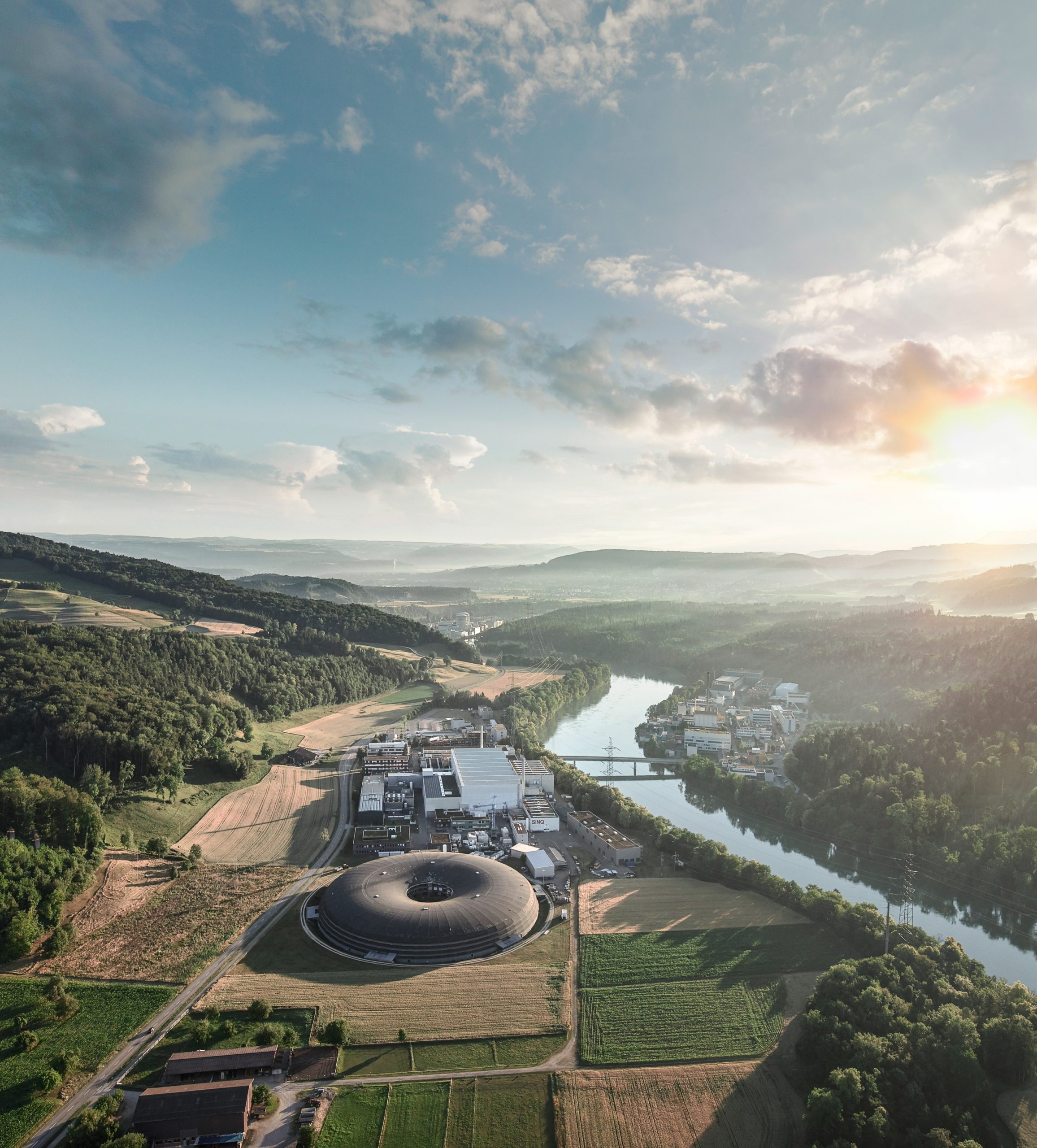
30 July 2024
Newsletter
Fuel up on the latest news & insights on the future of SAF – Summer 2024 Issue
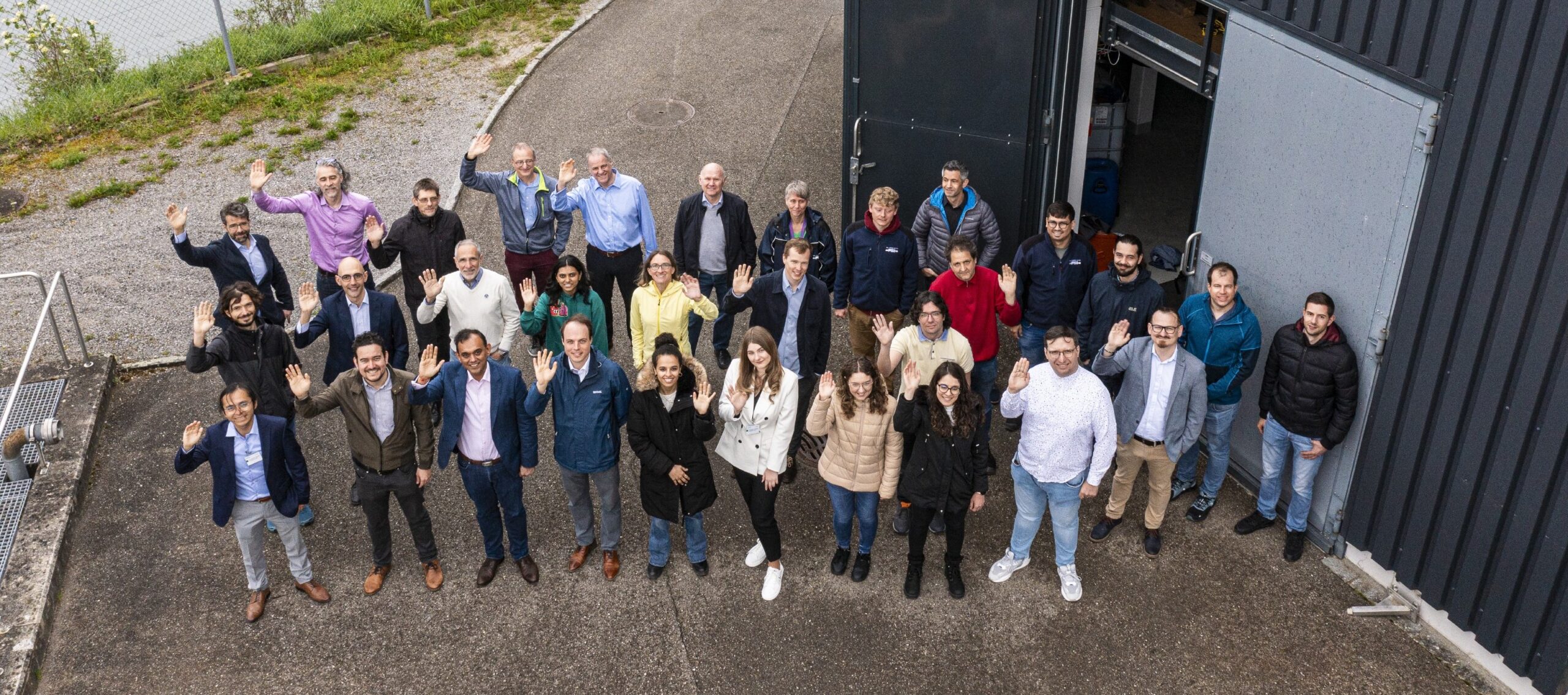
30 July 2024
News
Metafuels and PSI receive grant from Swiss Federal Office of Energy

15 July 2024
Blog
Helping drive Metafuel’s mission towards eSAF – Leigh Hackett

1 July 2024
Blog
Metafuels at Climate First – Saurabh Kapoor

5 June 2024
Blog
View from Vienna – Matthias Schnellmann
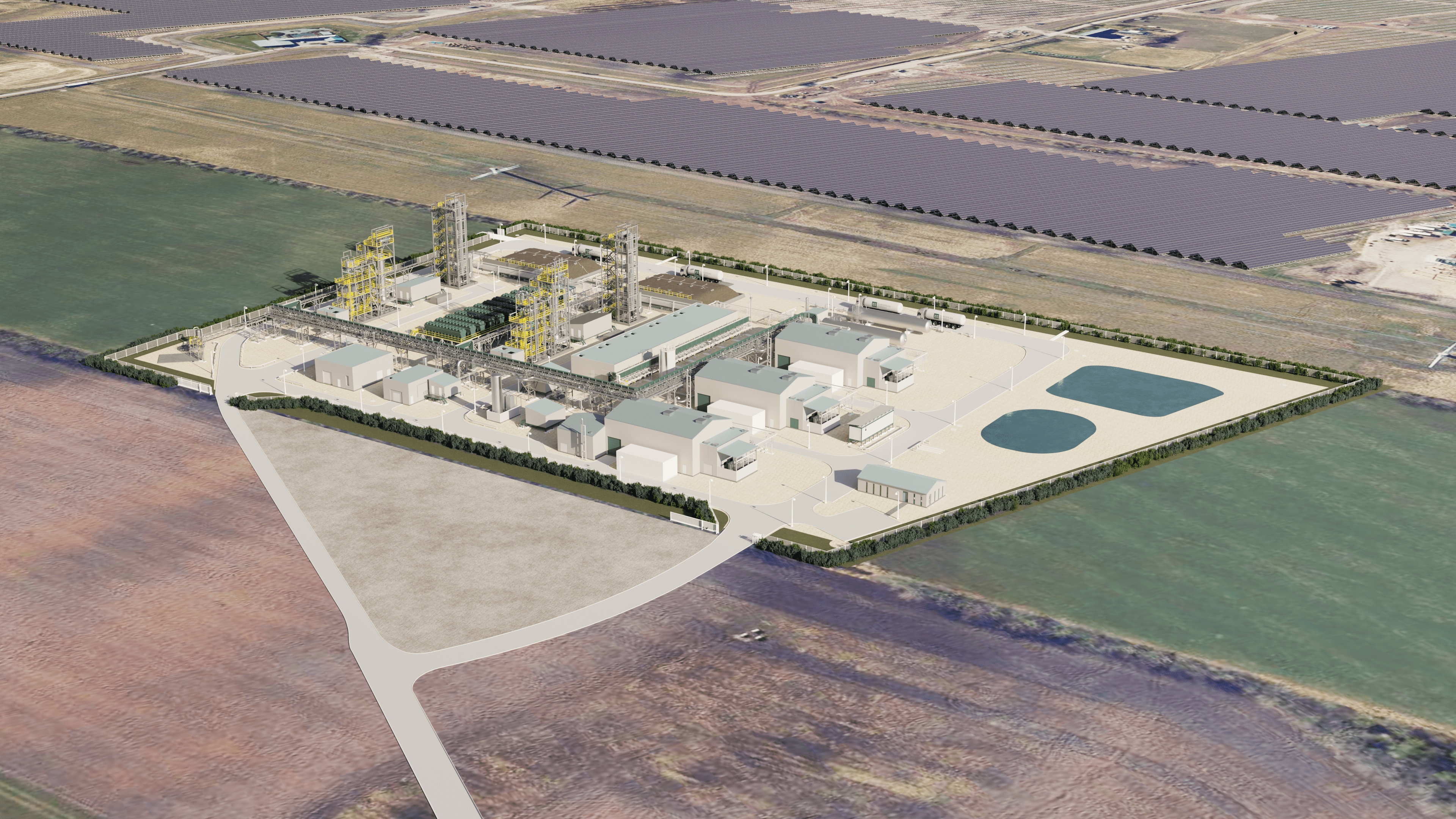
22 May 2024
News
Metafuels plans eSAF facility in Denmark together with EuropeanEnergy
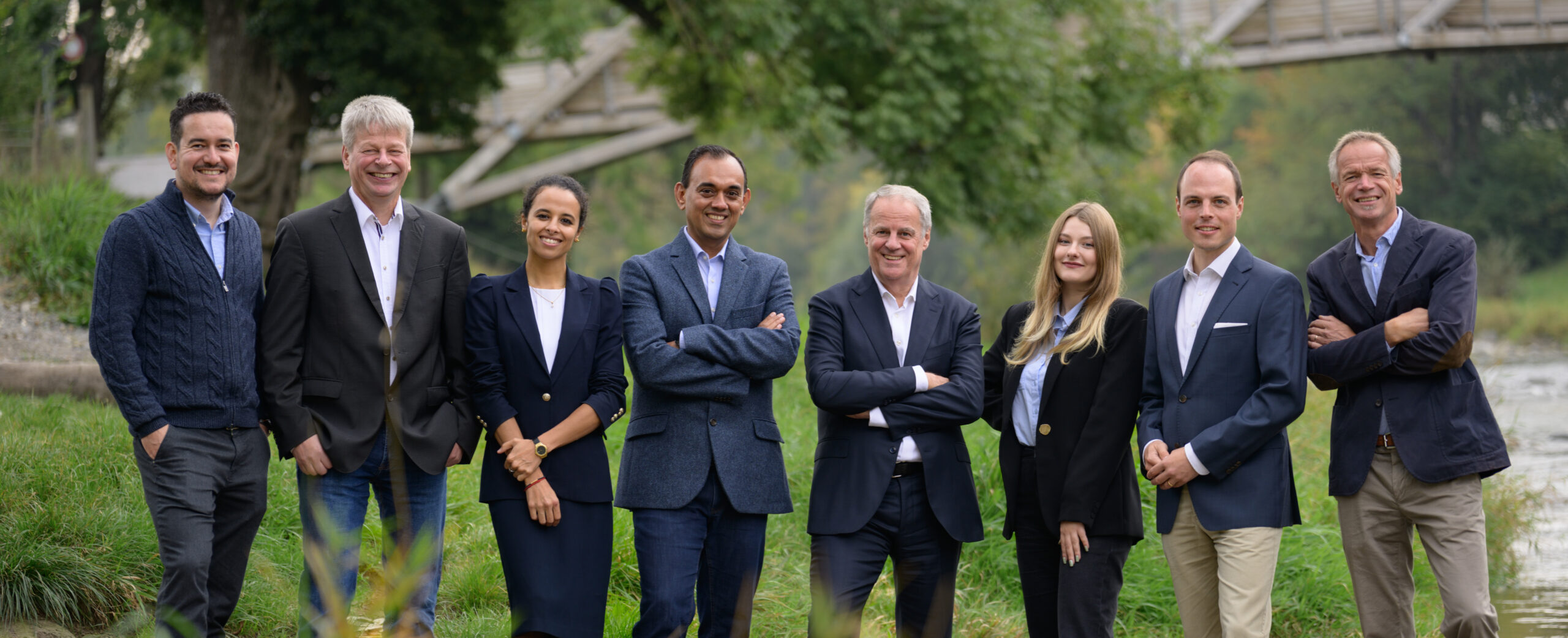
13 December 2023
News
eSAF leader Metafuels raises $8 million seed round in bid to push sustainable aviation fuel into the mainstream

29 June 2023
News


